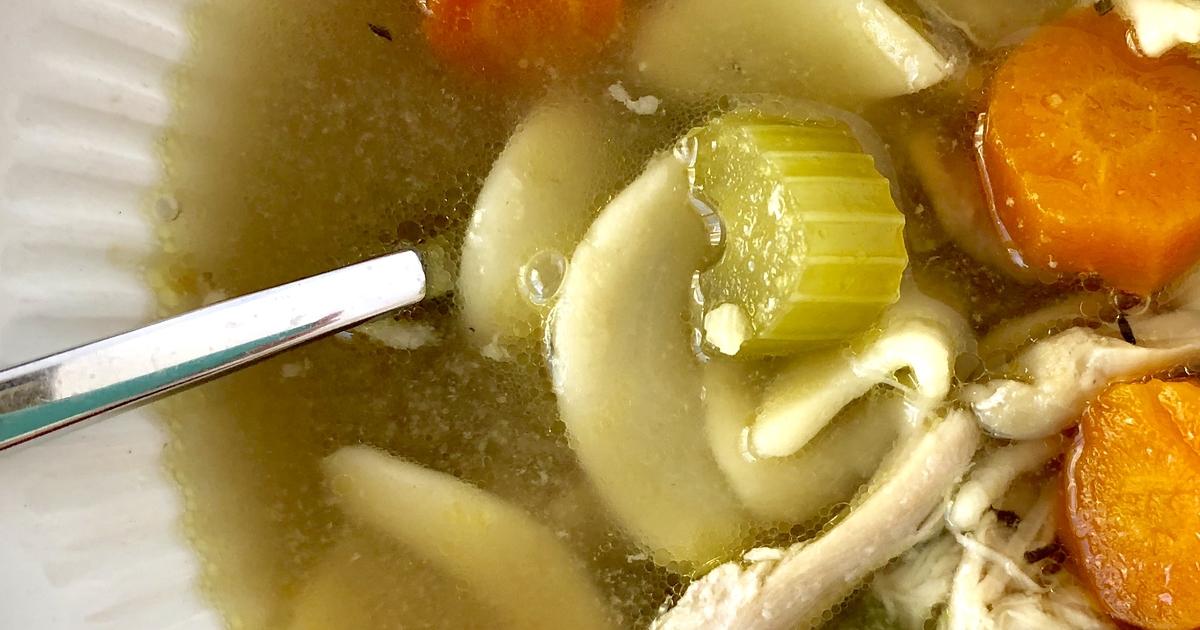How To Stay Hydrated Beyond Drinking Water
Water is necessary for the survival of the human body. Everyone needs to take in enough water and necessary minerals to regulate their body systems. When individuals become dehydrated, there are immediate effects on every part of the body. While mild dehydration usually doesn't cause serious problems, prolonged dehydration and dehydration in hot weather can lead to potentially life-threatening complications. Water is necessary for the regulation of body temperature, removal of waste, and joint lubrication. Different individuals require different amounts of water depending on their weight, level of activity, and other health-related factors. If individuals have trouble drinking water throughout the day, there are several additional ways they can ensure they get enough fluid. Learn about these now.
Eat Lots Of Fruits And Vegetables

Many individuals think of hydration as something only achieved through water, sports drinks, and other beverages. But this isn't the case. Individuals can get a good amount of their water intake from food. One way to increase one's water consumption is to eat lots of fruits and vegetables, which tend to be high in water content. As an additional bonus, they're natural, low in calories, high in fiber, and high in vitamins and other nutrients. Some fruits and vegetables even have a higher water content than others. Watermelon is made up of ninety-two percent water, which is where it gets its name. Strawberries have a ninety-one percent water content, cantaloupe boasts a ninety percent content, peaches have eighty-nine percent, oranges have eighty-eight percent, cucumbers have ninety-five percent, lettuce has ninety-six percent, and zucchini has ninety-four percent. Since these fruits and vegetables are mostly made up of water, they're a great way to provide hydration. Different foods have different nutritional content, but many of these are high in antioxidants and various important vitamins.
Eat Soup And Stew Regularly

Another way to help with hydration is to eat soup and stew regularly. There are hundreds of different kinds of stews and soups, and nearly every culture in the world has some traditional variations on these dishes. Those aiming for hydration should heat the food on the stove rather than in the microwave, as microwaves cause a great deal of water to evaporate. The water content in broth varies, but it's usually above ninety percent. Most broths have a water base. Another bonus of broths and soups is that these fluids often contain sodium. Though too much sodium can impact an individual's heart health, it's important to get some sodium if they want to stay hydrated. Sodium is an electrolyte that allows individuals to retain fluid rather than losing it through their urine. When individuals become dehydrated, their sodium levels drop. Low sodium can cause multiple problems throughout the body, including potentially life-threatening complications. To add more nutrition to soups and stews, individuals should use a lot of vegetables as well.
